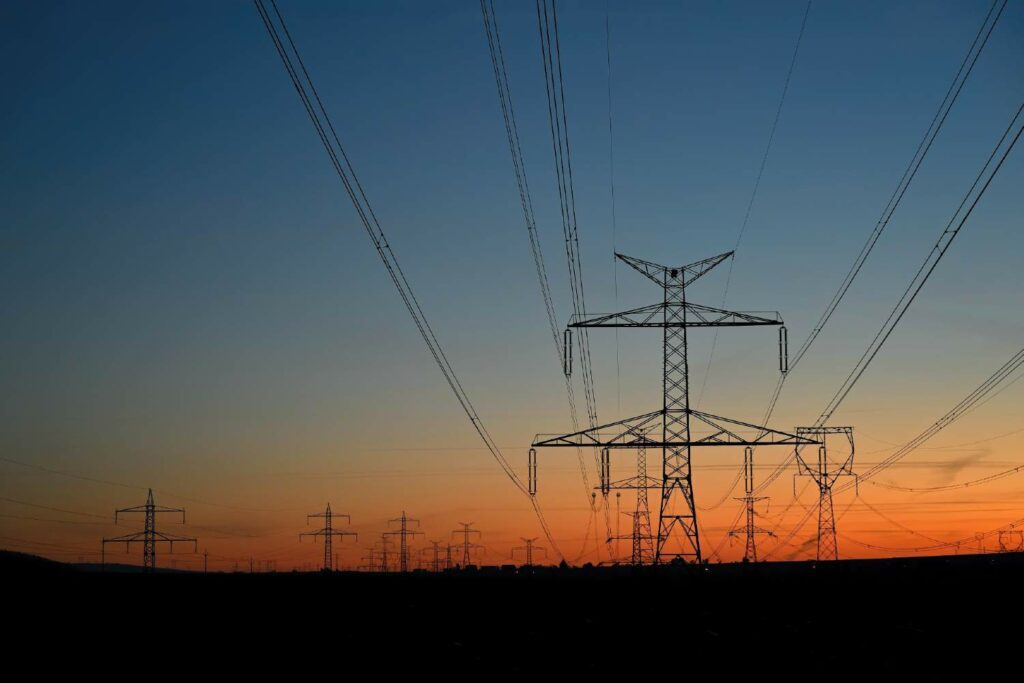In a promising development, the nation has witnessed a notable reprieve in daytime load shedding this week, as reported by the Bureau for Economic Research (BER). This temporary respite from power outages comes as a welcome relief to businesses, households, and the overall economy, providing a glimmer of hope for improved energy stability.
The BER, renowned for its meticulous analysis of economic indicators, closely monitors the energy landscape in South Africa. Their latest assessment has revealed a noteworthy decline in daytime load shedding occurrences during the past week, indicating a positive shift in the country’s power supply situation.
Load shedding has plagued South Africa for years due to various factors such as aging infrastructure, insufficient maintenance, and supply-demand imbalances. The power cuts have had a detrimental impact on businesses’ productivity, disrupted daily routines, and dampened economic growth prospects.
However, recent data from the BER suggests that the situation may be improving, albeit temporarily. The frequency and severity of daytime load shedding have notably decreased over the past week, providing respite to both consumers and businesses alike.
Experts attribute this reprieve to a combination of factors, including better management of power generation and distribution, increased capacity of renewable energy sources, and temporary reductions in demand due to seasonal changes and improved energy efficiency measures adopted by businesses and households.
The recent respite in daytime load shedding offers hope for businesses to operate at their full potential, thereby boosting productivity and promoting economic growth. It also provides individuals and families with a sense of normalcy, as they can go about their daily activities without the constant worry of power interruptions.
However, the BER advises caution and notes that this reprieve should not be seen as a permanent solution. Addressing South Africa’s energy challenges requires sustained efforts from all stakeholders involved, including government agencies, power utility companies, and the public. Long-term investments in modernizing infrastructure, diversifying energy sources, and promoting energy conservation are crucial to ensuring a reliable and sustainable power supply for the nation.
While the recent decrease in daytime load shedding offers a glimmer of hope, it serves as a reminder that South Africa’s energy crisis requires ongoing attention and strategic planning. The BER’s analysis encourages continued collaboration among stakeholders to build on this temporary reprieve and work towards a future where reliable electricity supply is the norm rather than the exception.
As South Africa cautiously navigates its way towards a more stable energy landscape, the nation remains hopeful that the recent reprieve in daytime load shedding will evolve into a sustained improvement, fostering economic growth and enhancing the quality of life for all its citizens.
